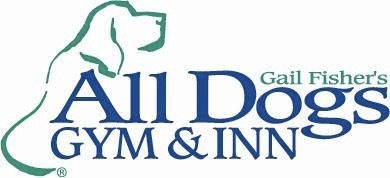Gail's Blog
It may never happen, but preparation is important. I’ve been going through some old articles looking for topics I wrote about years ago that are worth updating. Five years ago…
Tips for starting your life together Getting started off right with your new puppy jump starts the bonding process that establishes your lifelong relationship with your dog. Puppies are wondrous creatures…
Consider your dog A customer bringing her dog to stay at All Dogs Gym told us that her dog may be a little stressed because they’re moving house. I was…
Helpful for control, but there’s a downside. My staff asked me to write a column about collars. Collars are a helpful tool for…
A label can influence our behavior–which isn’t always a good thing. Willie was a three-year-old Springer Spaniel when his owners, who lived in California, brought him to a a veterinary…
Describe the dog’s behavior, rather than label it. Labels influence our behavior. We purchase “green” products and clothes with a logo or slogan. Labels not only influence consumers’ behavior, they…
Make sure your dog is enjoying the interaction. A while ago I was parked near a dog park. I love observing dog interaction, so I sat in my car and…
Training helpful behaviors for your dog’s comfort and well-being. Brio, my two-year-old Basset Fauve de Bretagne, pulled a groin muscle (iliopsoas). To help treat this, I’ve been doing physical rehab…
If not you, who better? I was recently asked for advice by a friend in another state who had observed a training class she was considering attending. The trainer tried…
If you ask your dog, here’s what he or she wants for the new year. Chances are your holiday shopping included a toy, a coat or sweater, something to chew…
What should you do if your dog growls at you? A friend asked for advice about their adolescent dog that sometimes growls at the kids when they try to play…
Keep training your teenager! I sometimes wonder if we should include an alert in our Puppy Essentials Class for puppies up to five months of age and the four and…












